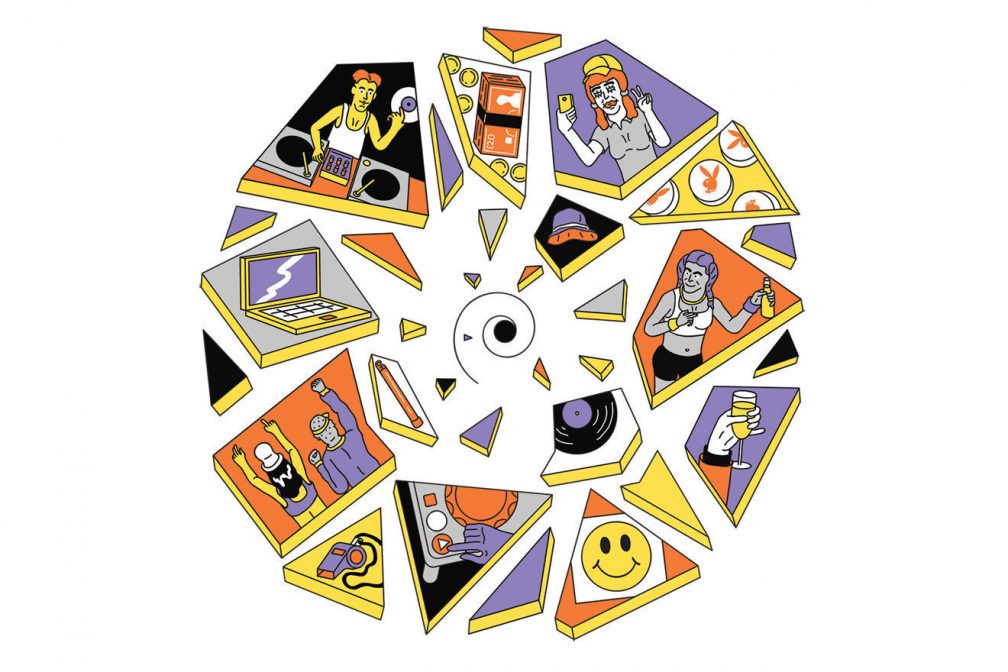
Pinch: "Dance music must guard against turning into a homogenous mush"
The Tectonic boss says it's time to go back to basics
Ask any old-skool raver who was ‘there’ for the Summer Of Love, or the earlier years in general, and there’s a good chance you’ll hear that ‘things just aren’t as good as they used to be’. The music, the quality of the drugs, attitudes, the sense of solidarity – apparently it was all better back in the day. Every generation does tend to think it did a better job of having fun than the next, and I’m guilty of having moaned at times that my entry-point scene, UK dubstep, had its heyday many moons ago and is now lacking in lustre. It’s partly a classic case of old-fart syndrome – but there’s some truth lurking in there too.
Raving used to bring people together from all walks of life: sharing space and time, dancing together, boldly stepping into the unknown – both musically and psychologically.DJs played cutting-edge, unfamiliar music while new drugs fuelled ecstatic experiences: raves and dancefloors created a sense of unity and collective consciousness. Fast-forward to 2017 and electronic sub-genres are either fragmenting into smaller and smaller splinter groups or being absorbed into a homogenised generic EDM mush. Well established ideas in dance music are consistently being presented back to us as new ones. Although new and interesting dance music is still being made and played out there, it feels as though these days most clubbers tend to prefer hearing stuff they already know rather than be guided into unchartered territory together.
The UK scene was initially born out of illegal raves, with only a handful of clubs catering to the new sounds of the late 80s. That flipped around completely as the Criminal Justice Act took force in 1994 and dance music soon established itself as a major player in the music industry. It became less DIY and more sanitised – just like many other scenes and sub-cultures before it. Innovation is often followed by commodification and wider consumption – and that tends to dissolve integrity in art.


